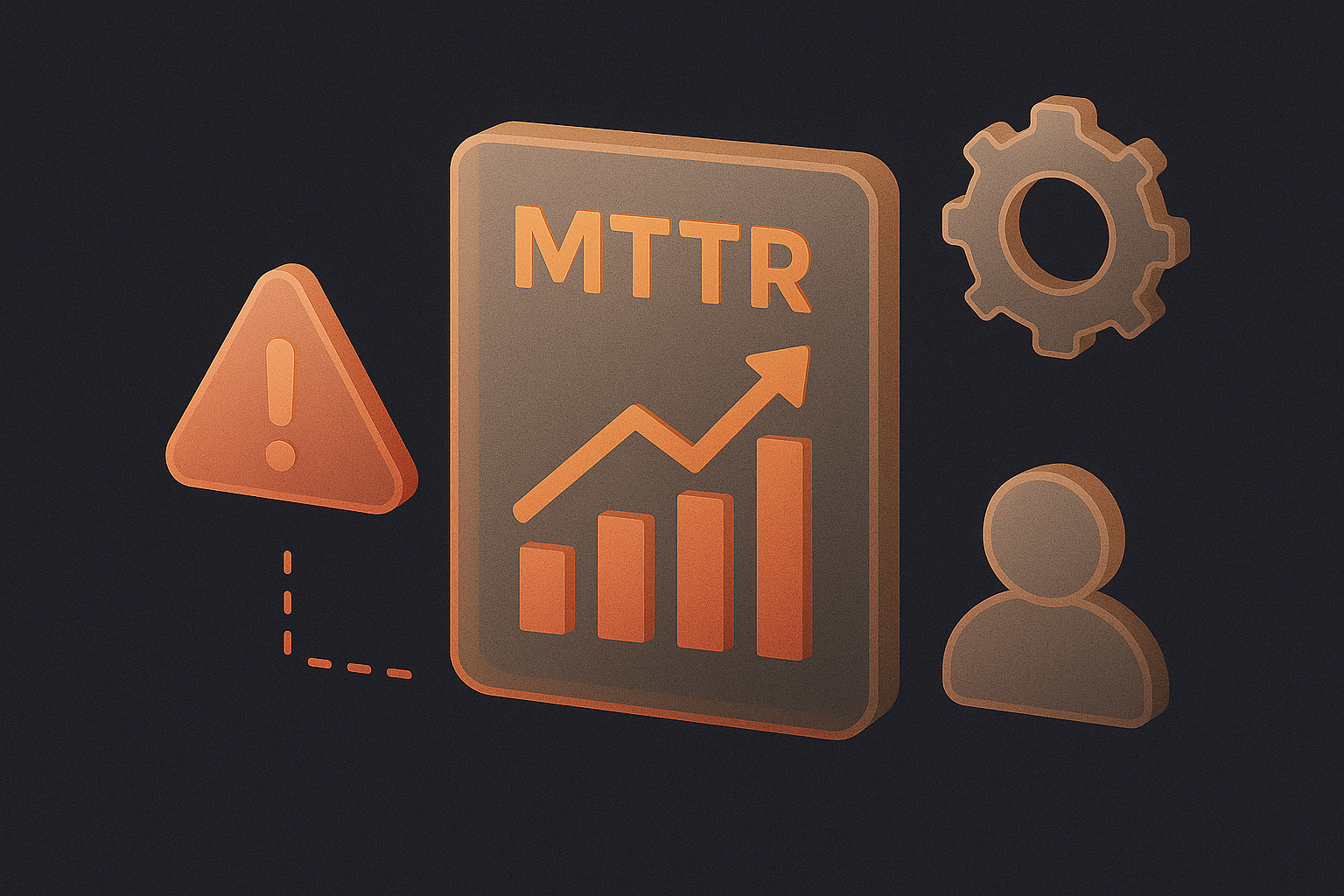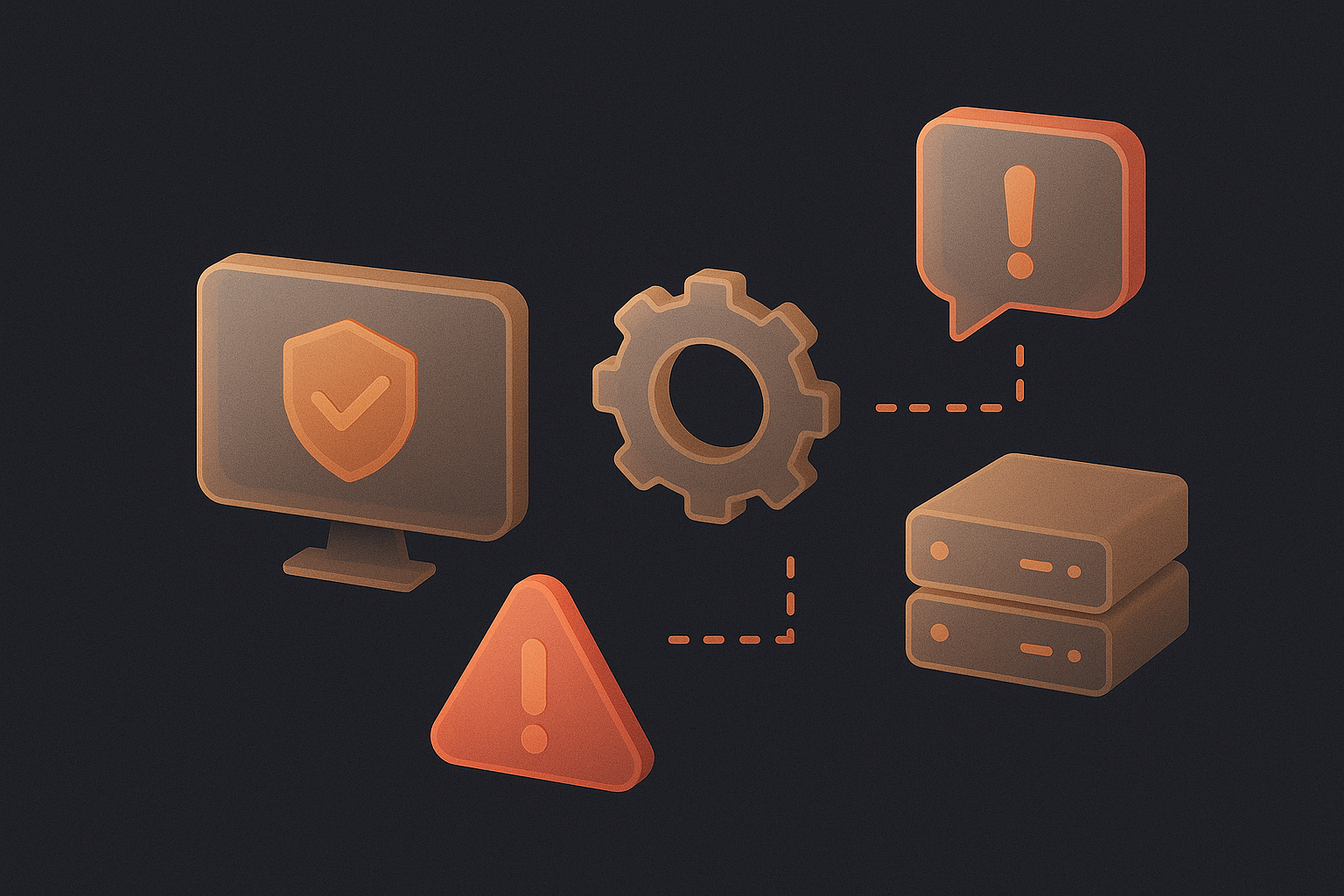An “Oncall” / Oncall management worker is available to provide support at their employer’s request.
Your enterprise may have oncall management employees available across various departments, and these workers can help your business if problems arise, even outside of normal operating hours.
How you manage your oncall management teams can have significant ramifications on your enterprise and its stakeholders.
To understand why this is the case, let’s look at what it means to be “oncall,”.
Along with tips and recommendations to help your enterprise staff achieve its desired results.
What is IT oncall management?
If an employee is oncall, he or she is designated as available at specific times. Thus, if an incident arises when an employee is oncall, he or she is responsible for responding accordingly.
If the employee ignores an incident or is not properly notified about it, the problem likely will escalate – and it won’t be resolved until this worker or another staff member responds.
Ultimately, call staffing is an enterprise-wide priority. If your enterprise has tools in place to manage call personnel, it can ensure the right employees are notified about incidents, as soon as they happen.
As a result, your enterprise can leverage staff members – and ensure they can quickly mitigate incidents and limit their impact.
Powerful and Reliable Escalation during oncall management
Oncall management is key for NOC, SOC, DevOps, and other IT teams. Because, if IT teams can properly manage personnel, they can prevent incidents from falling through the cracks.
For instance, consider what will happen if an enterprise incident alert goes unaddressed after it is sent to staff members. In this scenario, the incident may grow in size and severity – and its ramifications could be substantial.
Meanwhile, as the incident worsens, it could put a major dent in an enterprise’s bottom line. The incident may also lead to brand reputation damage and affect the enterprise’s ability to meet SLA requirements.
When it comes to oncall management, your enterprise must plan ahead. Fortunately, there are many things your enterprise can do to optimize incident management across its departments, including:
- Develop and Leverage Incident Escalation Policies: Create policies that ensure the right team members are alerted when an incident occurs. If these team members are unavailable, incident alerts must be escalated.
- Send Alerts Until They Are Acknowledged: Ensure incident alerts are sent until an oncall staff member has confirmed receipt.
- Monitor Audit Trails and Messages: Establish processes to verify who receives incident alerts, when these alerts are received, and how oncall staff members respond to them.
- Ask for Feedback: Request feedback and continuously search for ways to improve oncall management.
Along with the aforementioned tips, an call management solution can be beneficial. This solution empowers IT team members to see who is available, at any given time.
Plus, the solution enables IT team members to keep in contact with one another until an incident is fully resolved.
Mobilize and Empower Call Engineers
An oncall schedule defines which staff members are available at various times during normal business hours and outside of them.
Enterprises use a variety of schedules, including:
- Primary and Secondary: Consists of primary responders who are notified when an incident occurred, along with secondary responders who are notified if primary responders are unavailable.
- Follow-the-Sun: Ensures staff members are alerted based on their time zone.
- Bi-Weekly: Involves changing staff members’ schedules every other week.
- Inverse: Alternates team members as primary and secondary responders.
Your enterprise is responsible for using a schedule that confirms its engineers and other staff members are available to respond to incidents 24/7.
Otherwise, your enterprise could experience incidents outside of its traditional operating hours that go unresolved for an extended period of time.
And the longer these incidents go unaddressed, the more damage they can cause to your enterprise and its stakeholders.
Call Rotations should cover any scenario in oncall management.
Whereas an on-call schedule provides a list of which on-call staff members are available at certain times, it does not account for work-life balance.
Work-life balance is crucial for engineers and others who may be required to respond to incident alerts.
If on-call personnel are scheduled too often, they risk burnout, due to the fact that they may inadvertently work long hours during the week.
Conversely, modern call rotation software tools are available that may prevent this issue.
call rotation tools are interactive and have built-in scheduling features. They also provide escalation policies that let enterprise users define rules on how alerts work and behave.
The bottom line: on-call rotation tools make it simple to build complex schedules where personnel can trade-off or swap schedules – and the right personnel are notified any time an incident occurs.

A Closer Look at Support
Once your enterprise determines the best course of action relative to call scheduling and on-call rotations, it must consider how it will optimize its support.
Your enterprise can enjoy many benefits if it maximizes its on-call support, including:
- Cost Savings: With support, your enterprise can minimize incidents that cause downtime and outages, along with associated lost productivity.
- SLA Compliance: Thanks to support, you can avoid SLA violations associated with downtime and outages.
- Customer Satisfaction: support ensures your customers won’t have to worry about service disruptions.
To get the most value out of support, your enterprise must establish clear-cut roles for its staff and define staff members’ responsibilities.
Additionally, your enterprise should leverage schedules that fall in line with your day-to-day activities and monitor the results of your on-call management.
Your enterprise should also consider using an incident management platform, so it can help on-call team members maintain ongoing communications throughout incidents.
There is a lot to consider – but AlertOps can help.
We offer an incident management platform that simplifies call management, scheduling, and support for IT teams of all sizes.



